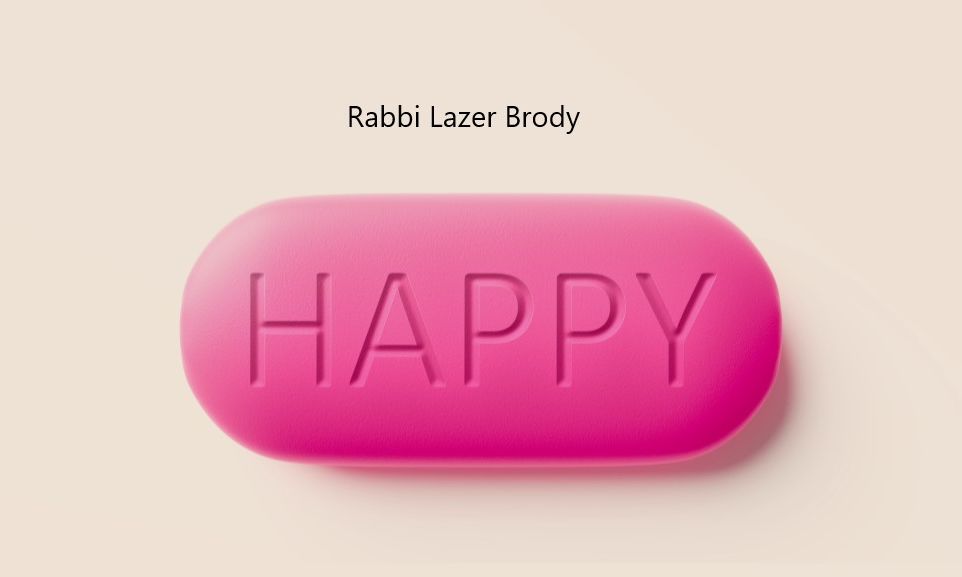
The Happy Pill
In the time of the Holy Temple, our people had everything. Yet, rather than appreciating what they had, they complained and looked for joy elsewhere…

A disgruntled husband went to his rabbi for an urgent consultation. “Rabbi, I want to divorce my wife,” he said gravely, “I can’t stand her anymore.”
“What!” the Rabbi protested, “You’ve been married for over twenty years. What’s suddenly wrong that you need an immediate divorce?”
“Rabbi, she’s bringing me down. I used to be a happy smiley guy, but she walks around grumpy and depressed all day long. Nothing makes her happy and she complains from morning until night. No matter what I do for her, it’s never good enough. If I take her to a dairy restaurant, she’ll want meat. If I take her to the best kosher steak house in the city, she’ll say that she was in the mood for cheese ravioli.”
“Be happy,” said the rabbi. “The grief you get from her bad moods and complaining is certainly saving you grief from health and financial problems. Your health and income are OK, thank G-d, aren’t they?” The disgruntled husband nodded in the affirmative. “You see? I’m right; it doesn’t pay for you to divorce her.”
“But rabbi,” the husband objected, “it’s not just her foul moods and constant depression and complaining. She doesn’t lift a finger at home. If I don’t bring home catered food for Shabbat, there’s no Shabbat. The  house is a mess. Laundry? Forget about it; I’m the dry cleaner’s best customer. The depression and the laziness – it’s too much for me to handle. Rabbi, if you care about my health and happiness, you’ll arrange a divorce for me.”
house is a mess. Laundry? Forget about it; I’m the dry cleaner’s best customer. The depression and the laziness – it’s too much for me to handle. Rabbi, if you care about my health and happiness, you’ll arrange a divorce for me.”
The rabbi opened his desk drawer and pulled out two bottles of pills. “I’ll do better that that,” the rabbi smiled. “The divorce will cost you tons of money and aggravation and it will destroy the children. I have some pills for you to give her. One is a pill for happiness and the other is a pill for diligence. You can’t give her both because they’re not compatible; you can only choose one. They are foolproof. The first one will knock her depression out almost immediately and put a smile on her face. With the second one, your house will be spotless and you’ll be able to forget about laundromats and restaurants. Which one would you like? You can’t have both…”
The husband’s eyes brightened. “I dream of a happy wife! If this works rabbi, and she really becomes happy, I’ll be grateful to you forever.” He took the bottle of happy pills and went home. The wife took her first pill and almost instantly, she smiled. Within a week, there was no trace of unhappiness or depression. Life became heaven on earth for the husband, his wife and their children.
* * *
Don’t think that the above parable is some far-fetched fantasy. Here’s proof that it’s real:
The Torah’s prophecy in Chapter 28 of Deuteronomy explains the reason for all the misfortune that the Jewish People suffered in the destruction of the Second Temple and the subsequent exile and diaspora to this very day: “Because you didn’t serve Hashem with joy!” When a person is depressed, he or she is not serving Hashem. Even if they’re frum (stringently religious) and Torah observant, their praying and mitzvah performance are without heart, like a body without a soul.
Stop and think how we yearn for the Holy Temple, the daily sacrifices that atone for us every day, the magnificence of the High Priest, the Kohen Hagadol, the incredible 32-part harmony of the Levite sweet singers, and most of all, the Divine Presence in our midst. In the time of the Holy Temple, our people had all that. Yet, rather than appreciating their health, riches, good fortune and spiritual opulence, they complained and looked for joy elsewhere, outside the confines of Torah and holiness. It only brought on destruction.
As a nation, we’re still like the depressed and complaining wife in the above parable. Hashem in His infinite mercy gives us a chance to escape our emotional and spiritual maladies. Once a year, He gives us a happy pill. This is no joke – it works. It’s called the holiday of Sukkot when we dwell in the sukkah for seven days. The Succah is just like the Holy Temple, for as the Zohar tells us, the Heavenly Presence fills the Succah. Since the Heavenly Presence cannot dwell in a place of sadness, anyone who enters the Succah with the simple intent of performing Hashem’s mitzvah with joy will find him/herself instantly happy. This is the happy pill – try it, it works!



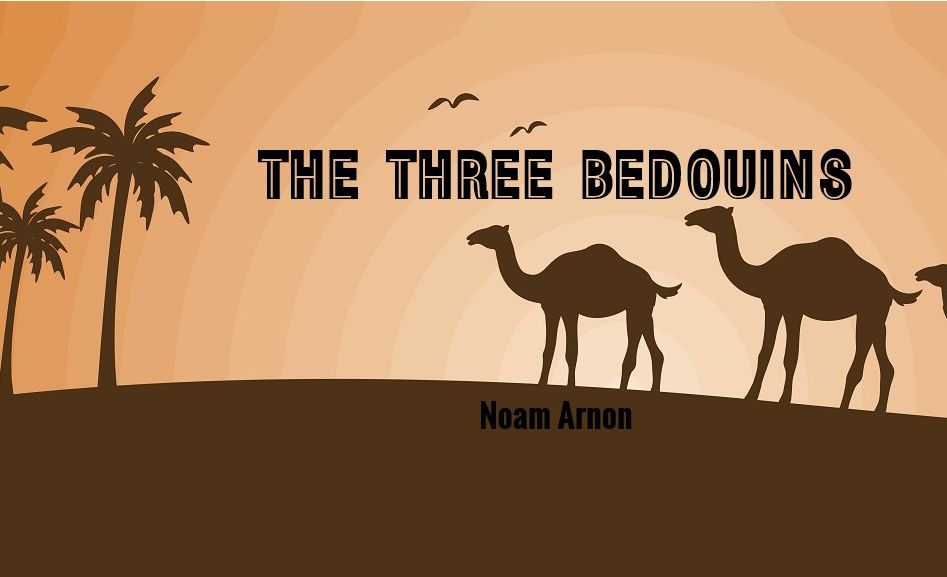
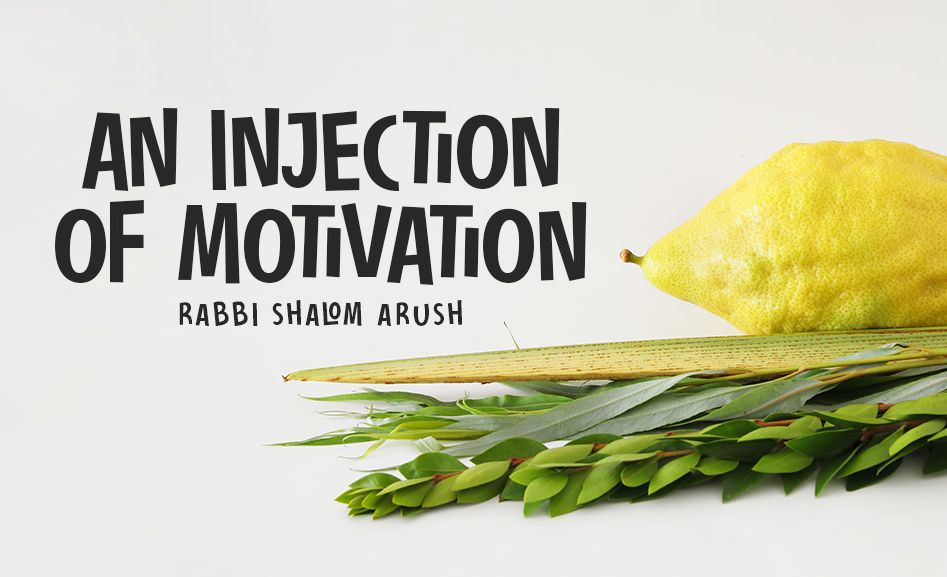
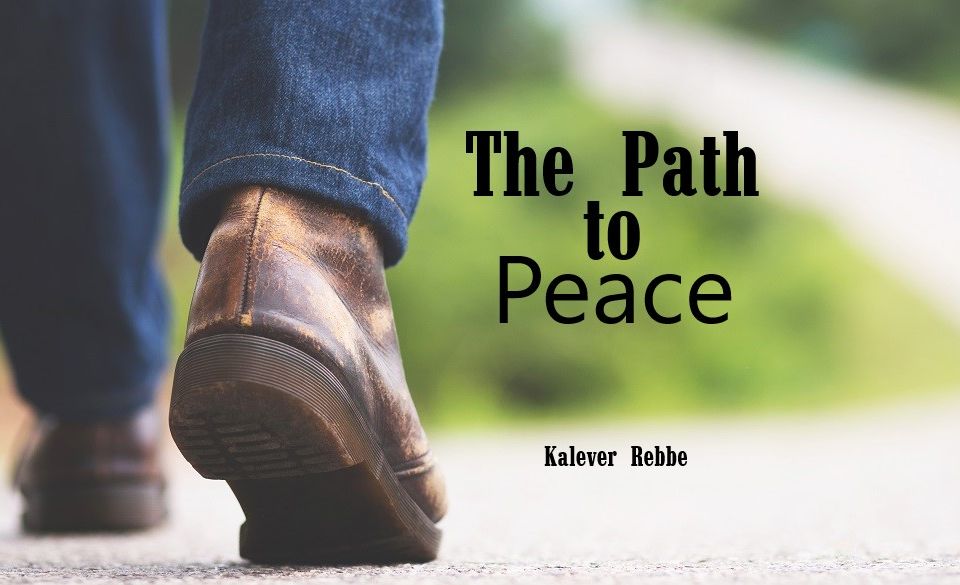
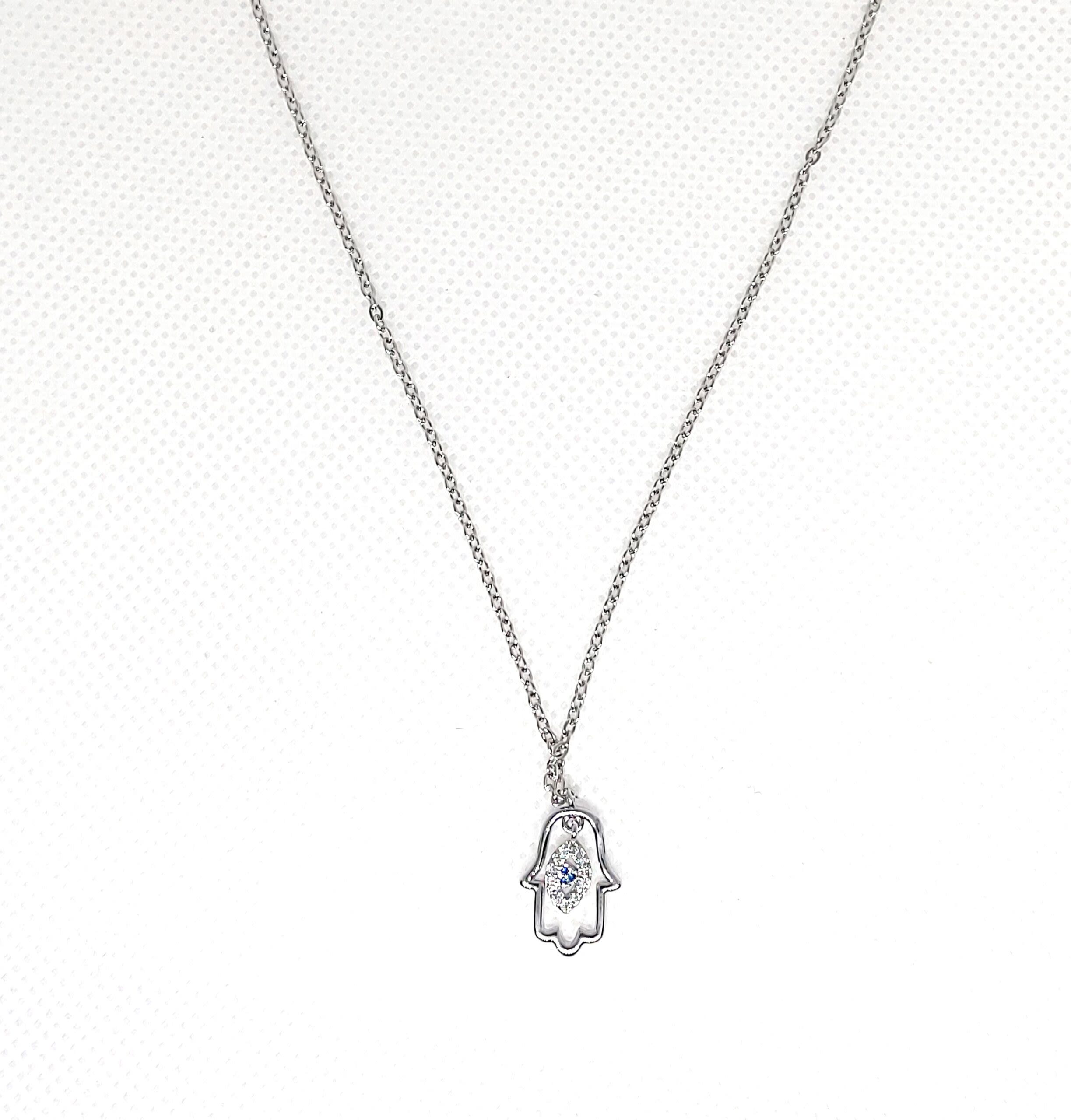
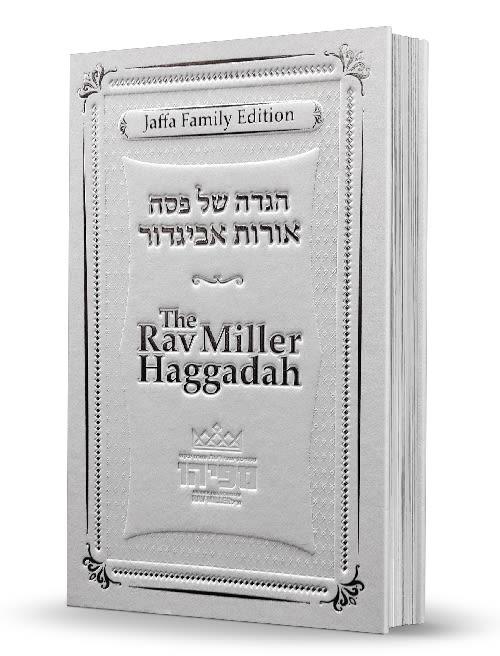
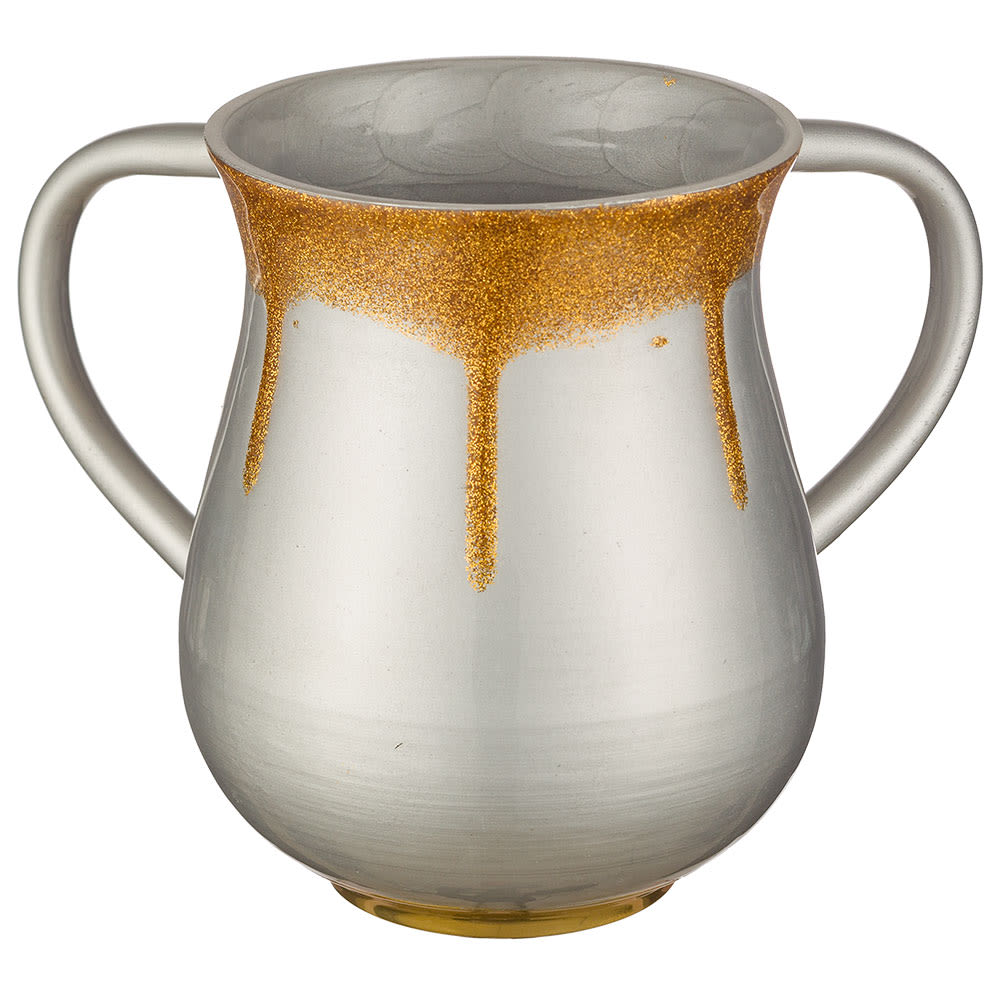
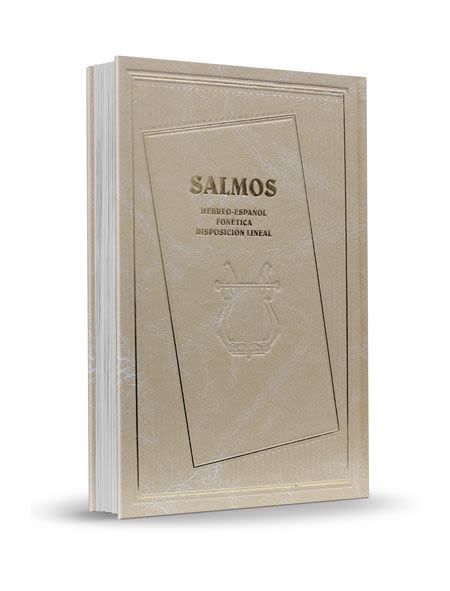
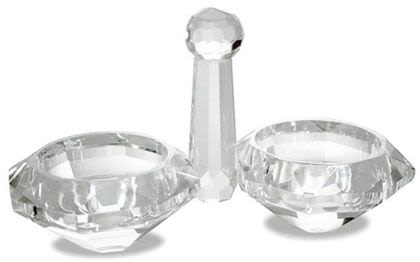

Tell us what you think!
Thank you for your comment!
It will be published after approval by the Editor.